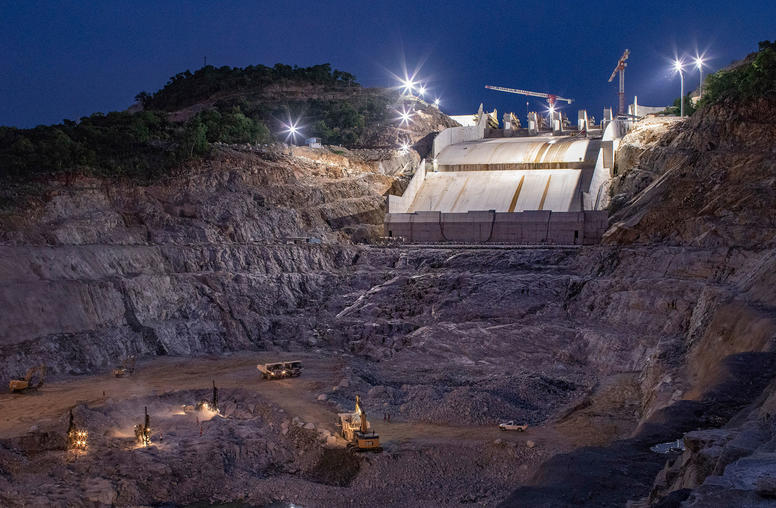 Ethiopia
Ethiopia
Ethiopia continues to navigate a complex political change. The 2022 cessation of hostilities agreement silenced the guns in the devastating two-year war in Tigray. However, violent conflict persists in the Amhara and Oromo regions. Meanwhile, after a period of détente and a declaration of peace, Ethiopia’s relationship with neighboring Eritrea faces new tensions over calls for Ethiopia to have access to the Red Sea. Similarly, an agreement between Ethiopia and the Somaliland government for access to a seaport for commercial and naval purposes have escalated tensions with Somalia. USIP continues to provide training and advice to political, security and civil society leaders in Ethiopia to resolve ongoing domestic and regional conflicts without violence, including on the national dialogue and related peace deals.
Featured Research & Analysis

The Red Sea Crisis Goes Beyond the Houthis
The Red Sea is in crisis. At the center of the storm are Yemen’s Houthi rebels, who have unleashed a wave of attacks on ships traversing one of the world’s most pivotal maritime straits, putatively in support of Hamas’s war against Israel. The Houthi gambit in the Red Sea is imposing serious costs on global trade, as did the problem of Somali piracy, which reached its peak in 2010. The United States and some of its allies have stepped in to militarily suppress the threat, bombing Houthi positions inside Yemen. But although this episode is illustrative of the difficulties of Red Sea security, the crisis extends far beyond the trouble emanating from Yemen.

Taking Ethiopia-Eritrea Tensions Seriously
The historically fraught relationship between Ethiopia and Eritrea is deteriorating once again. A seemingly momentous peace deal that brought the two sides together in 2018 now appears to have been a brief interlude in a longer arc of enduring rivalry. The sources of recent tension include Ethiopian Prime Minister Abiy Ahmed’s public posturing around sea access and dynamics seeded by the 2018 peace deal itself. Neither side can afford escalation, but open conflict remains a possibility and even outcomes well short of direct hostilities — perhaps a return to the “no war, no peace” situation of preceding decades — would be disastrous for the two nations and the broader region.

Peace for Ethiopia: What Should Follow Blinken’s Visit?
Secretary of State Antony Blinken’s talks in Ethiopia and his announcement of new U.S. aid this week advance vital steps for building peace in the country and greater stability in East Africa. Yet those tasks remain arduous and will require difficult compromises on all sides in Ethiopia’s conflicts. U.S. and international policymakers face a tough calculation over how to mesh critical goals: restoring full trade and economic assistance to help Ethiopia meet its people’s needs while also pressing all sides to advance justice and reconciliation to address the atrocities committed and damage caused during the war.
Current Projects

Africa-China Early Career Scholars Program
Much of the research that has been conducted on the impact of China’s economic engagement with Africa has focused on their economic exchanges and security engagements in isolation of one another. But few have sought to understand the interconnections between these themes. These interconnections matter, as some Chinese firms are responsible for population displacement, corruption and illegal extraction activities — all of which are factors that can drive conflict.